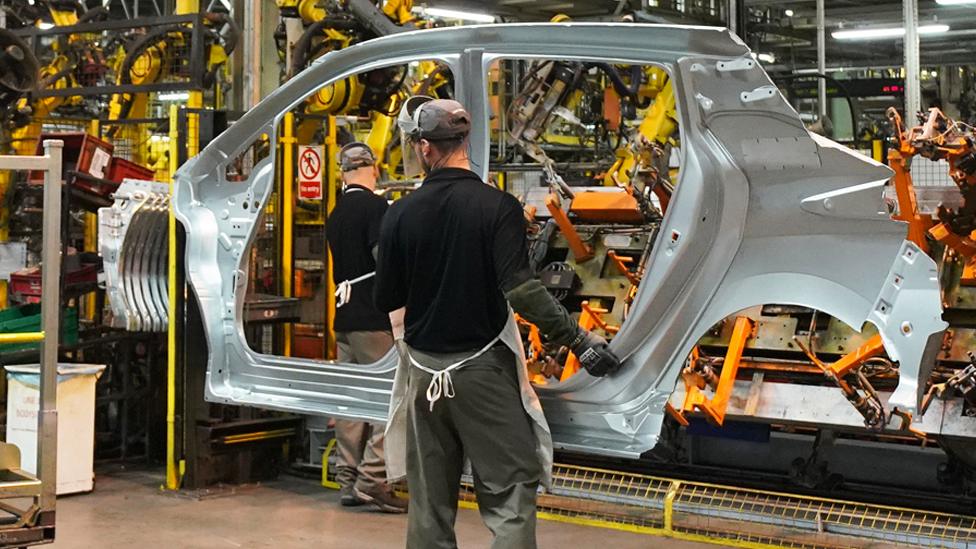Iceland and Greene King shut sites amid 'pingdemic'
- Published
- comments
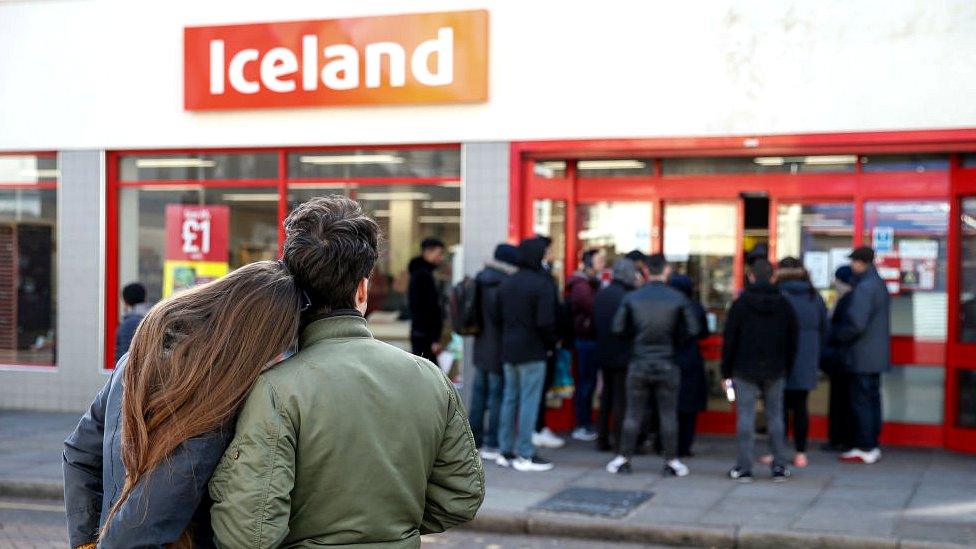
Iceland and Greene King say they have had to shut shops and pubs due to staff shortages caused by people being forced to self-isolate by the NHS Covid app.
Iceland said that after keeping all of its stores open during lockdown, it has now had to shut some because 1,000 staff have been "pinged" by the app.
Chief executive Richard Walker said: "The great irony is that we're now all getting vaccinated."
Greene King has closed 33 pubs in the past week due to staff self-isolating.
Boss Nick Mackenzie said the pubs group also had to shorten opening hours at some sites. He added that across the hospitality industry about one in five team members have been affected, "and therefore it is causing a real issue for us setting up a business on a daily basis".
Recent figures showed more than 500,000 people in England and Wales were "pinged" by the app in the week to 7 July, up 46% on the previous week.
People who have come into contact with someone who has tested positive for Covid-19 must self-isolate for 10 days.
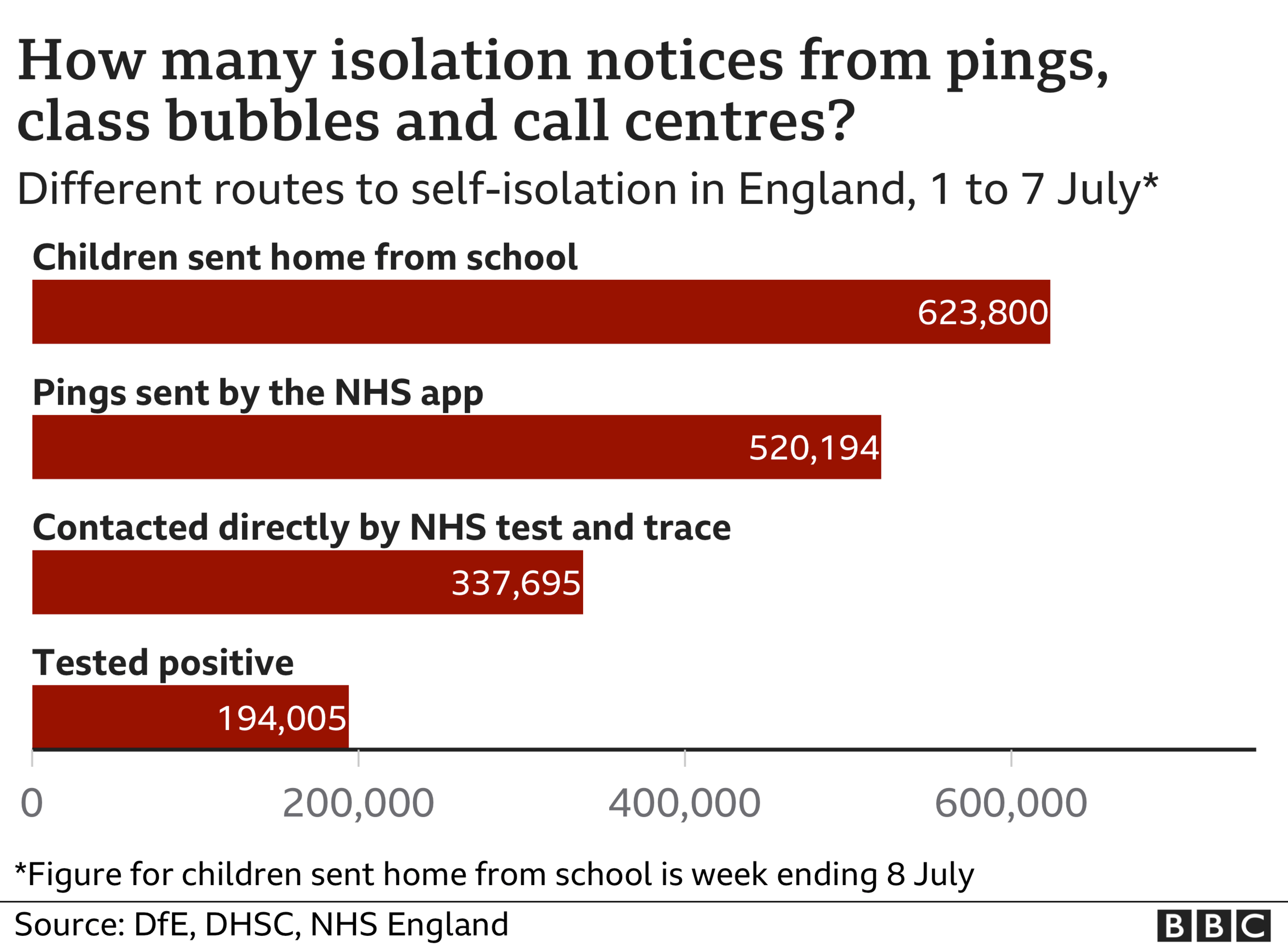
Business lobby group the CBI has warned that "crippling staff shortages" risk hampering an economic recovery.
Vauxhall confirmed on Monday that it has reduced its daily shifts from three to two at its Luton plant "because of increasing numbers of employees who have been contacted by the app".
A spokesman for the carmaker said Vauxhall was about to embark on its yearly three-week shutdown from Friday, 23 July. By the time the Luton plant restarts in August it hopes "the situation will have improved".
Others in the car industry have also been affected by high levels of staff self-isolating. Nissan and Rolls-Royce have both warned that staff shortages could affect production.
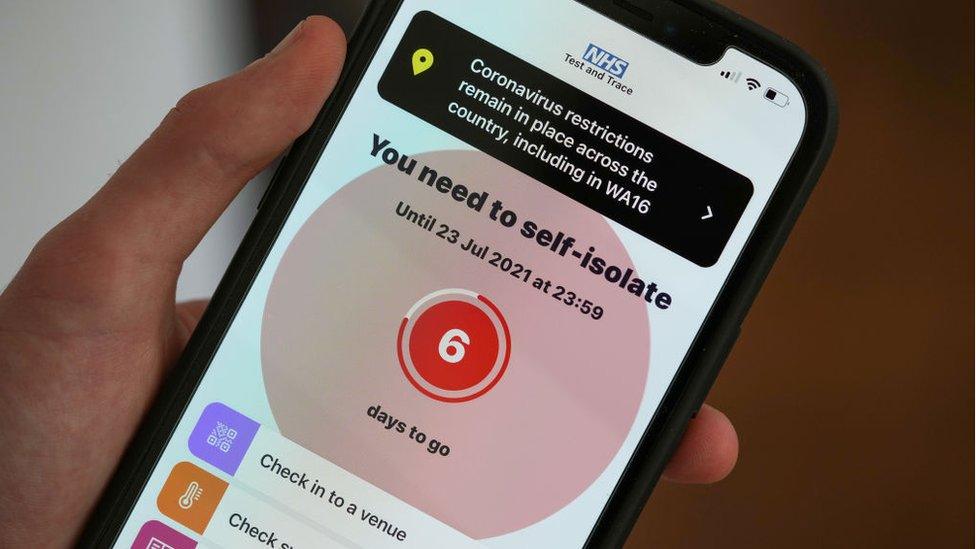
Meanwhile, a group representing some of the UK's biggest ports said staff shortages caused by people having to self-isolate after being contacted by the NHS app represented "one of the most significant threats to ports' resilience in recent years".
The UK Major Ports Group (UKMPG), which represents Felixstowe, the Port of Liverpool, Southampton and others, says that absence rates caused by staff self-isolating are at 10% at some ports.
"Whilst ports are maintaining all the controls on site that have - so far - kept ports open through the pandemic, we have no control over what happens in the wider world," said Tim Morris, chief executive of UKMPG.
'Exponential rise'
Iceland's Mr Walker said that as well closing some stores, the chain has also had to reduce opening hours in some circumstances. "The concern is that as this thing rises exponentially as we've just been hearing. It could get a lot worse a lot quicker," he told the BBC's Today programme.
Mr Walker said 4% of Iceland's 30,000-strong workforce was now absent. "In fact, we've just announced employing an additional 2,000 people on top of that to give us a deeper pool of labour, because so many people are now getting pinged."
The number of Covid cases in England and Wales surpassed 50,000 on both Friday and Saturday, the highest number since mid-January. On Monday, England lifted final Covid restrictions, including the legal requirement to wear a face covering to prevent the spread of the virus.
Wales is expected to scrap most rules on 7 August though this will not include face masks. Scotland has moved to the lowest level of restrictions of Covid restrictions but face coverings must be worn for a further three weeks. Northern Ireland will decide on Thursday to ease rules on seven days' time.
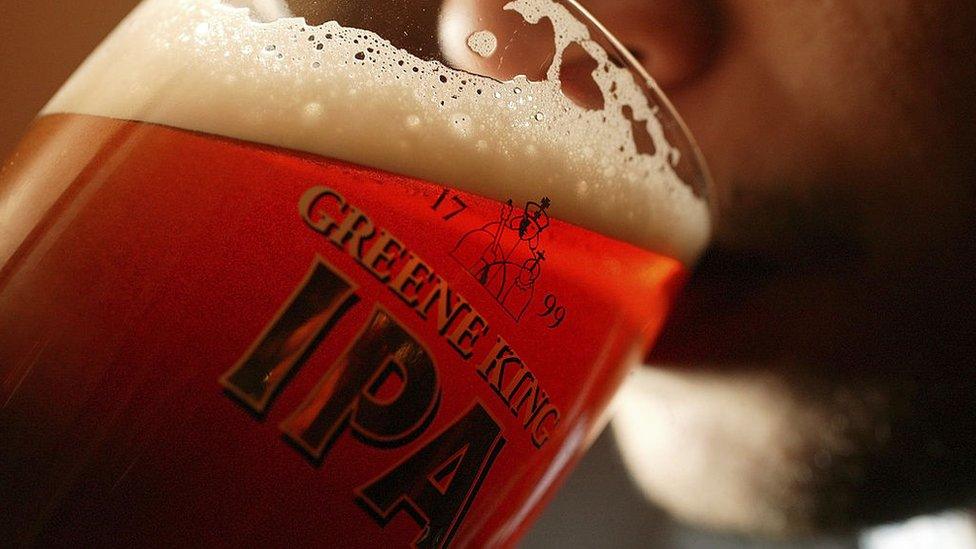
PureGym's chief executive, Humphrey Cobbold, said his business had managed to keep all of its sites open despite rising numbers of employees forced to self-isolate, but it had been difficult.
"Up to 25%, in some areas, of our staff have been asked to self-isolate," he told the BBC.
"Through flexibility and sharing of labour across sites, we've been able to keep sites open so far but it's been a very close call in certain circumstances."
Kate Lester, founder and chief executive of Diamond Logistics, which runs a UK network of fulfilment and delivery centres, said the company has had to delay opening a new site at Motherwell in Scotland because between 20% and 25% of staff are off work.
"We're actually having to delay that launch for over a month which deprives our new network partner of his income and in addition to that it deprives his clients of vital logistics services," she said.

Analysis by Rob Young, BBC business reporter
Today is potentially a big day for many businesses. Capacity limits are gone; venues can fill up if they want to. That means many pubs and restaurants, for example, have the chance of turning a profit again.
Bosses have longed for this day since the pandemic began. But they face another growing problem. As infections rise, so too are the number of people told they must self-isolate after coming into contact with a positive case. This is causing a staffing problem for many, many firms. Venues and stores have had to close. Opening hours have been curtailed.
There is a clamour from companies, demanding the government immediately change the self-isolation rules to exempt people who have had both Covid-19 vaccines and test negative. The regime is due to be overhauled in a month's time.
However, business leaders fear many more staff will be told to stay at home and therefore businesses will be forced to close at a time when they hoped to making money again.

The CBI has called for an immediate end to the 10-day self-isolation period for people who have been fully vaccinated. It also said daily lateral flow tests could help people who have not received both jabs get back to work.
From 16 August, people who have been fully vaccinated will not have to self-isolate if they are "pinged" by the NHS app when they have come into contact with someone who has tested positive for Covid. They will instead be advised to take PCR test as soon as possible.
On Sunday, Prime Minister Boris Johnson and Chancellor Rishi Sunak were forced to U-turn on a decision not to self-isolate after coming into contact with Health Secretary Sajid Javid, who tested positive for Covid on Saturday.
Mr Johnson and Mr Sunak had said initially that they would not need to isolate as they were taking part in a pilot scheme that involves daily testing instead. But this sparked a backlash from opposition parties and businesses.
Greene King's Mr Mackenzie said the government needed to bring the "test and release" scheme forward to allow more people to come into work and "get us back to normal again".
Related topics
- Published19 July 2021
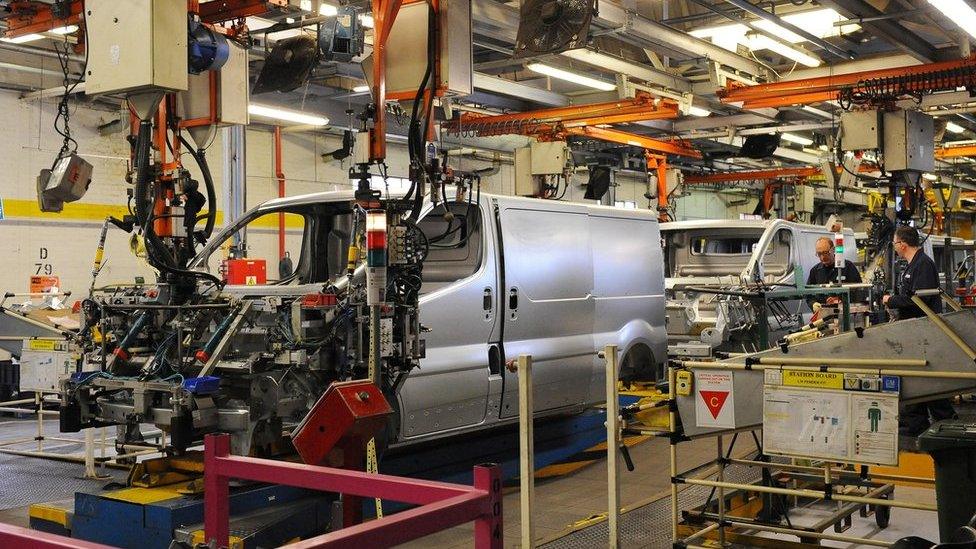
- Published18 July 2021
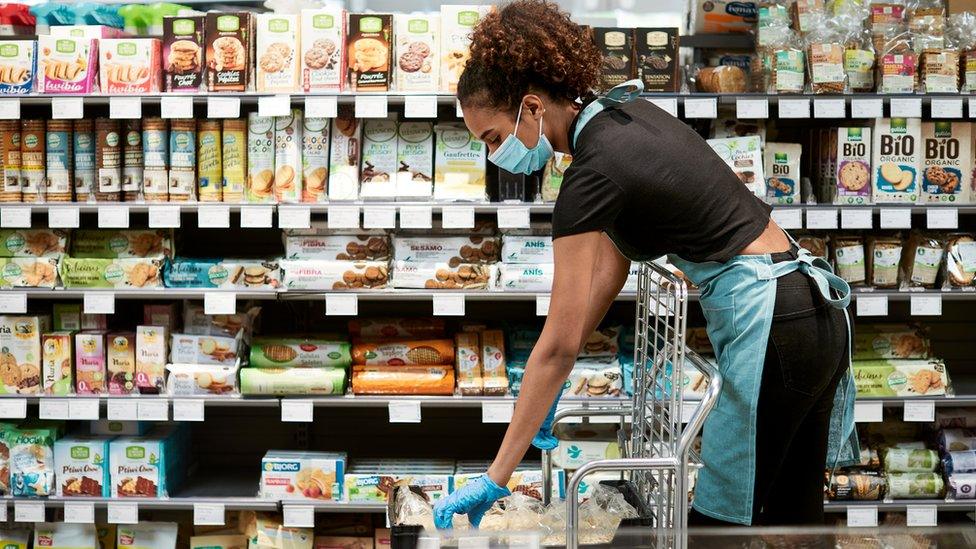
- Published1 July 2022

- Published19 July 2021
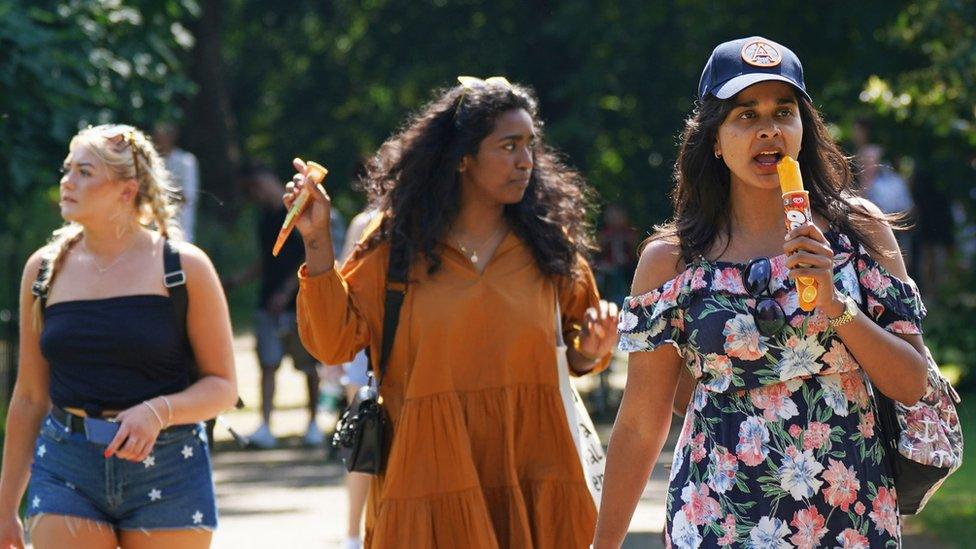
- Published15 July 2021
